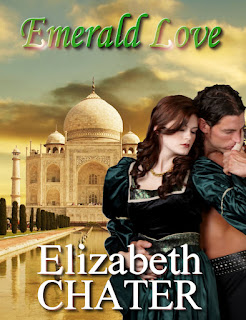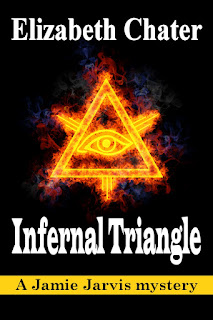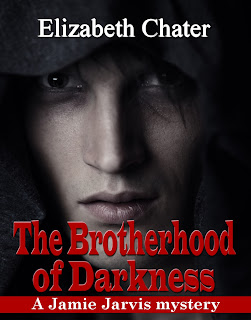Thom Kephart, Community Outreach Product Manager from Amazon, was the guest speaker at the PWSD meeting today. Kephart has been working in the independent publishing industry for six years, starting with Createspace. Now with amazon’s Outreach program, Kephart is responsible for branding and expanding awareness of Amazon’s independent publishing platforms to the public. There were at least 150 people at today’s meeting, much more than organizers had anticipated. President Karla Olson was frantically trying to service a growing number of attendees, a huge line of people that circled the banquet room. I overheard her say, “We’ve never had this many people show up before.” Kudos to her, it went extremely well. And it proves that self-publishing is not only popular, but it’s still just beginning. There’s no telling how popular it will become. I once read a statistic that one quarter of the population of the planet writes fiction. That’s how many people could potentially use KDP.
Kephart went over some of the basics of publishing on KDP and Createspace, and he did so fantastically. Here are some of the highlights:
Print sales are being helped by e-books sales. Often we hear that e-book sales are ruining the print business, but this isn’t true. Print sales are going up.
There are 40,000 publishers now on Amazon. And that doesn’t include independent authors who publish with Amazon.
Metadata matters. What is metadata? Anything used to find, categorize, or describe your books on the internet, including tags, book descriptions, and author bios. Thom highly recommends having an author central page with a picture and bio. People want to know who the author is. Make sure to tag your book and find clever ways to reach readers with your description and categorization.
He recommends having your book on all POD platforms, not just Createspace. “You never know where someone is going to find your book.” He also recommends buying the ISBN. This was a contentious spot for me when I was publishing on Createspace. I wasn’t sure how much it mattered, and Thom agrees that it’s not a major concern unless you have a huge readership, but he did recommend being listed as the publisher and owning your ISBN. Too late for me. Maybe next time.
He recommended the book “SEO For Dummies.” Let’s face it, most of us are writers, not computer wizards. But the internet is our marketplace and we should learn how to use it as best we can. First thing to know, what does SEO stand for? Search Engine Optimization. Business owners spend big dollars to make sure their websites are optimized, meaning that if someone types in “glazed donut” in Google, the site for their donut shop is more likely to come up first.
He said we writers have to help each other. Better to collaborate than compete.
In his opinion DRM is more annoying than helpful to readers, though he stressed that that’s just his opinion and authors should decide for themselves what’s best for their books. I say screw it. A simple search on the internet can get you free DRM stripping software.
KDP charges a bigger delivery fee for larger files than smaller ones. That’s probably common knowledge, but it was news to me. So if you sell picture books, make sure to check your delivery charges. They take it out of your royalty! The horror!
All in all it was a great presentation by Mr. Kephart. It also put a human face on the process. Sometimes we’re lead to think our books are being managed by twelve year-old girls in India or something, but thankfully that’s not the case. Thom was knowledgeable and helpful and said many times that he wants to hear from us authors personally. He said his department gets tons of drunken calls all hours of the night from authors who can’t figure out formatting or something. It’s good to know I’m not alone.
Thom Kephart’s Blog: http://selfpublishingadvice.org/blog/tag/thom-kephart/
If you live in the San Diego area, check out PWSD: http://publisherswriters.org/

















